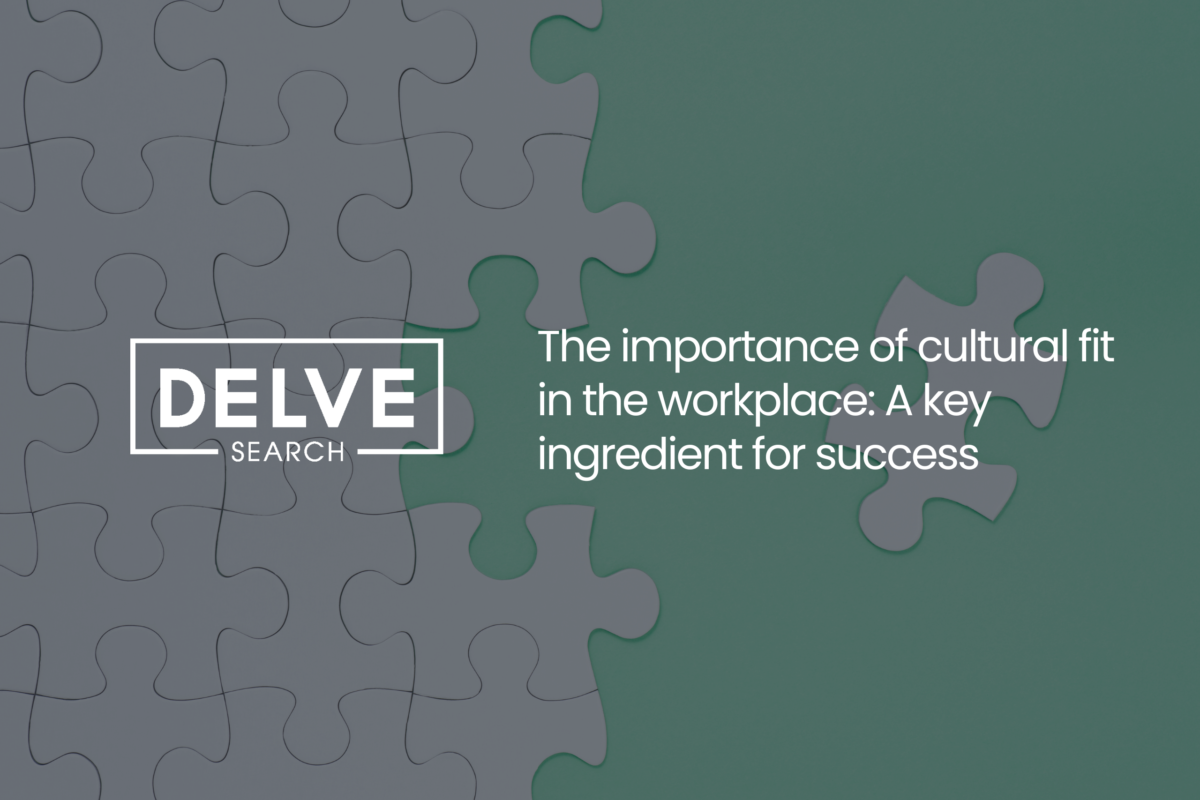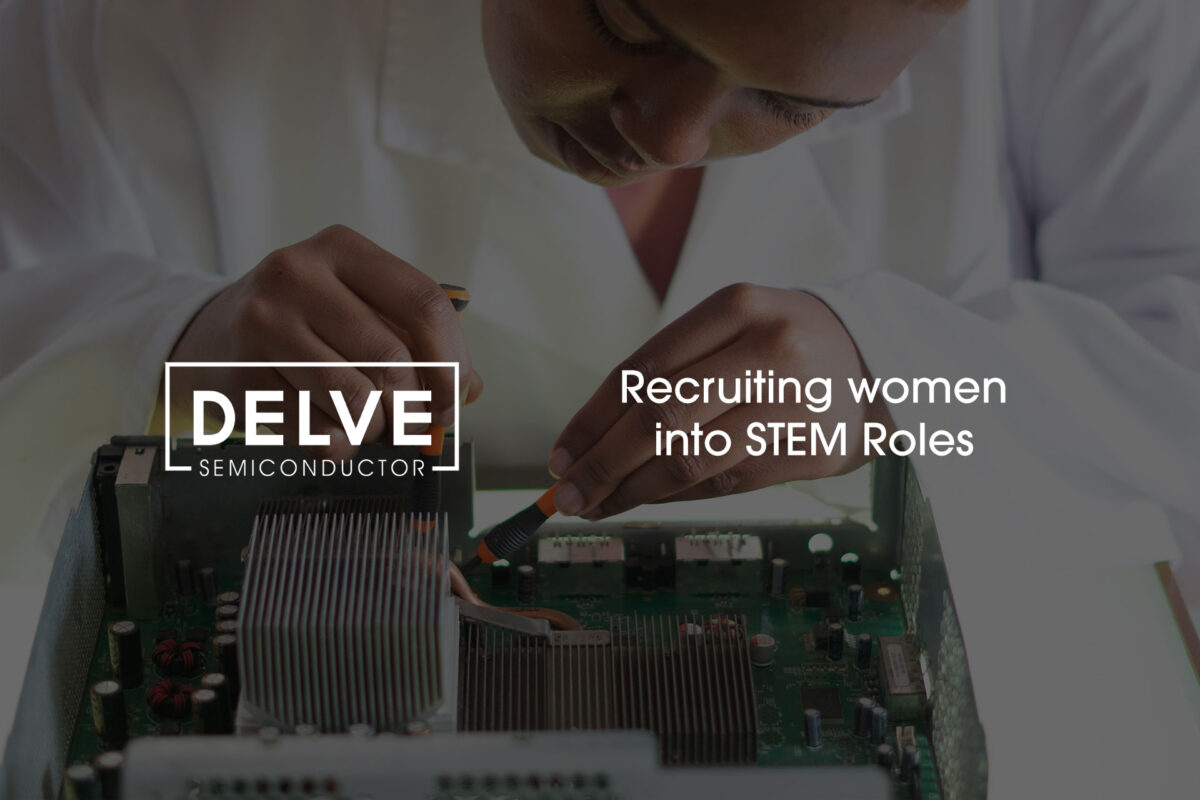Breaking barriers: Empowering success through female hires in the corporate world
In the ever-evolving landscape of the corporate world, gender diversity and inclusion are taking center stage as critical factors for success. The inclusion of female employees in leadership positions and across various roles is no longer just a moral imperative but has become a strategic advantage. Embracing and empowering female hires in the workplace not only fosters a more diverse and inclusive environment but also fuels innovation, creativity, and overall business growth. In this blog, we delve into the significance of breaking barriers through female hires and how it can lead to empowering success in the corporate world.
Harnessing diverse perspectives: One of the primary reasons why female hires are crucial to corporate success lies in the inherent differences in perspectives and experiences they bring to the table. Embracing diversity in the workforce enables organisations to access a wide range of ideas and insights, leading to more effective decision making and problem solving. Women often possess unique viewpoints and can provide fresh approaches to challenges that might have been overlooked in a homogenous work environment.
Creating inclusive and empowering work cultures: By promoting gender diversity through female hires, companies have an opportunity to create more inclusive and empowering work cultures. When women feel valued and supported, they are more likely to be engaged, productive, and committed to the organisation’s goals. This positive work environment not only boosts employee morale but also attracts top talent from diverse backgrounds, enhancing the company’s reputation as an employer of choice.
Nurturing future leaders: Female hires in leadership positions serve as role models and mentors for aspiring women in the workforce. Their success stories inspire and motivate others to break barriers and pursue leadership roles themselves. By nurturing female talent and providing them with opportunities for growth, organisations can build a robust pipeline of future female leaders who can drive the company’s success forward.
Enhancing customer understanding: With women making up a significant portion of the consumer base across various industries, having female employees in decision making positions can lead to a deeper understanding of customer needs and preferences. Female hires can contribute valuable insights that can inform product development, marketing strategies, and overall customer satisfaction, thereby giving the company a competitive edge in the market.
Embracing the future of work: As the future of work continues to evolve, businesses must adapt and embrace change to remain relevant. This adaptation includes harnessing the full potential of their workforce, which entails recognising and utilising the skills and abilities of female employees. Organisations that actively invest in gender diversity and equality are better equipped to navigate the complexities of the modern workplace successfully.
Conclusion: Breaking barriers through female hires in the corporate world is not merely about achieving gender equality; it is about unlocking the vast potential that diversity brings to an organisation. Embracing female employees in all aspects of business empowers them to thrive and contribute their unique perspectives, insights, and skills, thereby fostering a culture of success and innovation. As companies continue to prioritise diversity and inclusion, they pave the way for a brighter and more prosperous future in the corporate landscape.
For information on how we can help you in your search for your next female hire, call us on +44 (0) 1606 212020 or email info@delverec.com.
Share This Blog
Recent Articles

Technical vs. Leadership career paths

The hidden engine of Germany’s innovation: Why the future of engineering relies on a proactive approach

Networking Tips for Semiconductor Professionals in Europe

Key workforce challenges in the Advanced Engineering sector

Breaking into the Semiconductor Industry: Tips for engineering graduates












